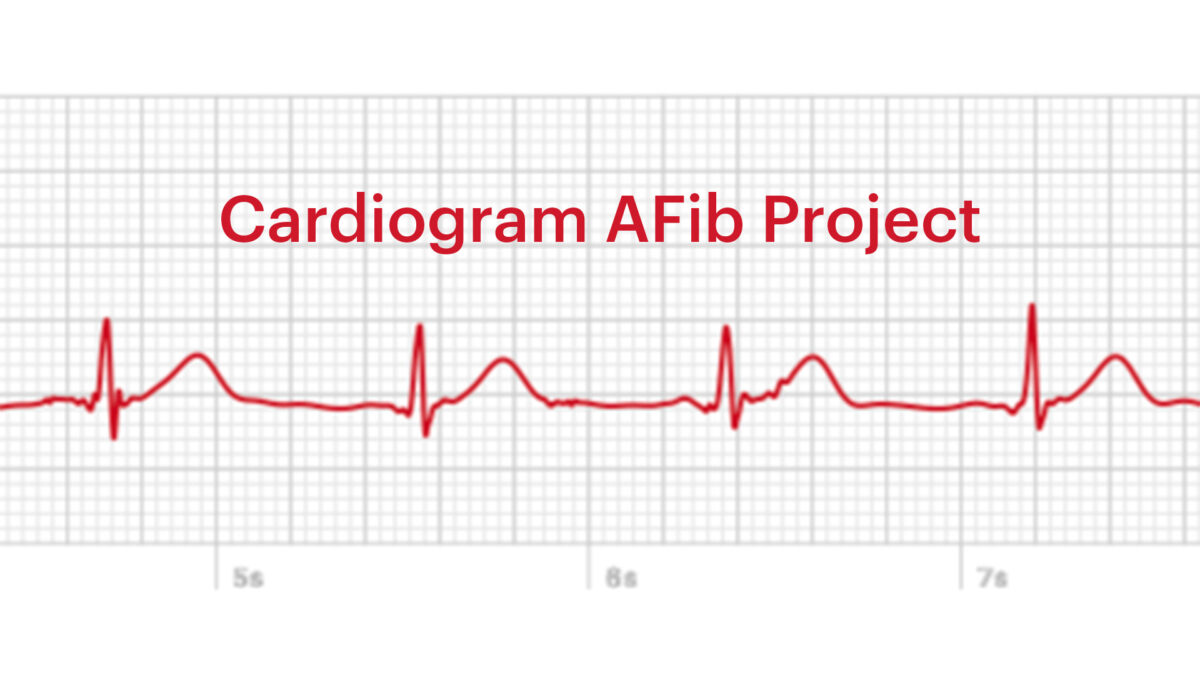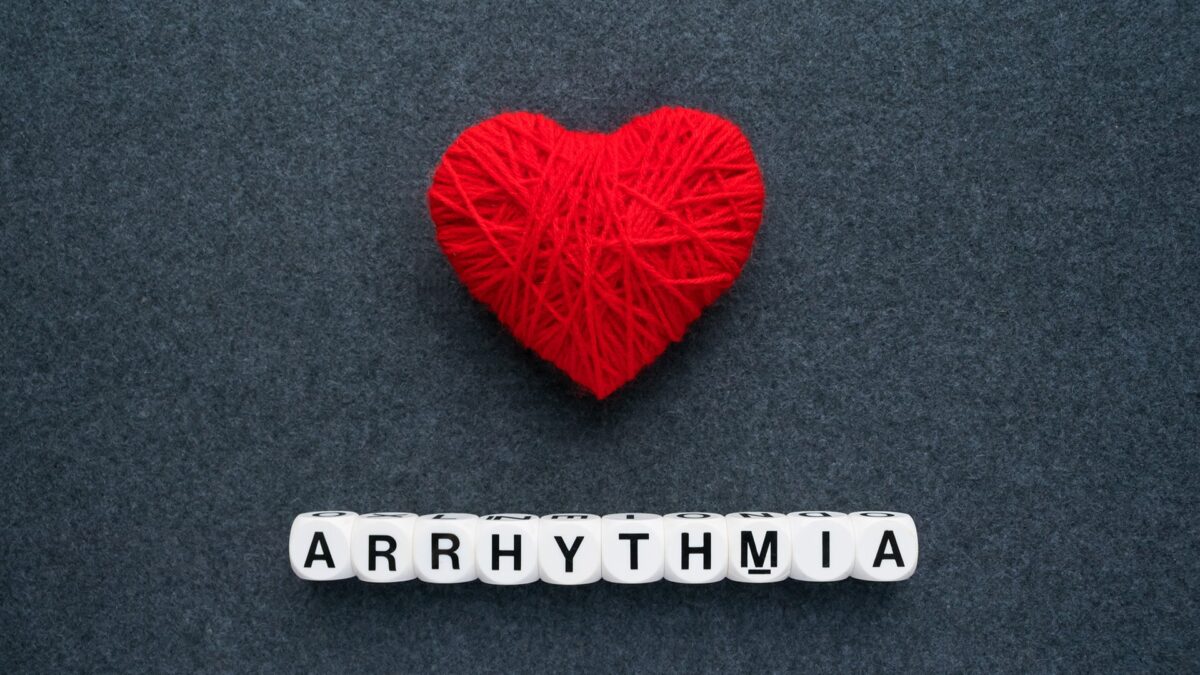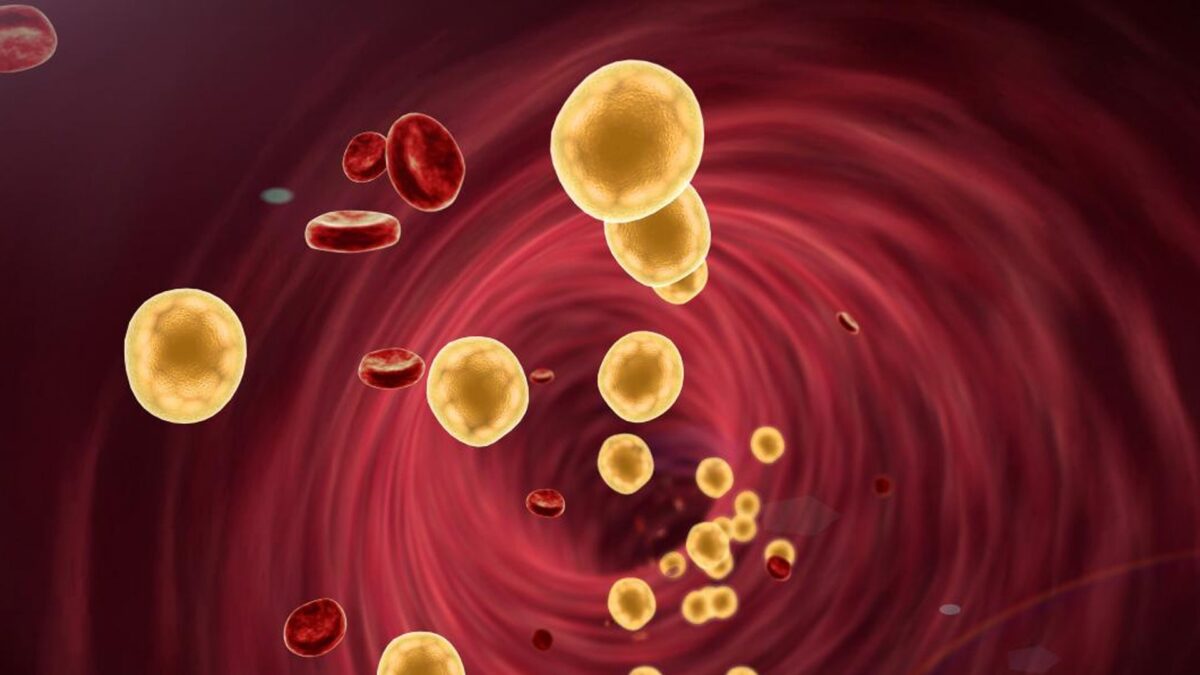Cardiogram is excited to announce that we’ve just partnered with Ognomy! Ognomy is a licensed telemedicine platform that specifically treats obstructive sleep apnea (OSA). OSA is a chronic sleep disorder, occurring in one billion people globally.1 That’s a lot. And of those with it, around 80-90 percent of cases are not diagnosed.2 Unfortunately, this condition can create other health complications …
We’ve Launched Our AFib Project!
Cardiogram is reviewing our features related to atrial fibrillation (AFib), which has prompted us to launch our latest AFib Project! Over the past several years, Cardiogram has developed clinically-validated algorithms to estimate the risk of atrial fibrillation, sleep apnea, hypertension, and diabetes using anonymous data from wearables. Our team is constantly working behind the screens to improve these algorithms, and to use …
Why is Fiber Important for Your Heart Health?
There are plenty of health-based dietary fads that come and go. But one we know is here to stay? Eating more fiber. Namely through plant-based foods. Fiber, which can essentially be found in any whole, plant-based food, is necessary to incorporate into your daily diet in order for your body to function optimally. The benefits of fiber range from lowering …
February is American Heart Month | 5 Ways to Observe
February is typically known for Valentine’s Day, the day of love. However, there’s another heart-centric cause that coincides with this holiday: American Heart Month. American Heart Month is a time to spread awareness of cardiovascular health. It’s also especially a time to focus on making improvements towards positive heart health outcomes, and to become proactive in the prevention and management …
What Are the Different Types of Arrhythmias?
A cardiac arrhythmia affects the heart’s physiological rhythm. This is basically a disease that alters the electricity of your heart. As a result, your heart can beat too fast, too slow, or too early. In some cases, it contracts erratically, which is referred to as fibrillation. According to research, up to 5% of the population may have some type of …
Obesity and Heart Disease
Obesity has become a real public health issue over the past few decades. The rates of obesity, particularly in modern countries are staggering. In fact, over 40% of all U.S. adults are obese. And, sadly, the negative ripple effects obesity can have on our health and hearts is wide ranging. However, obesity can be prevented and reversed. Let’s look at exactly …
6 Ways to Get the Most Out of Cardiogram in 2023
Cardiogram is one of the best tools for monitoring your heart health and tracking symptoms. Learn 6 ways to maximize this tool in the New Year.
How Does Smoking Tobacco Negatively Impacts Heart Health?
There’s an abundance of scientific research that links smoking tobacco to cardiovascular disease.1 This is because the toxic substances found in tobacco products will gradually wreak havoc on your heart and vessels. However, it is not all doom and gloom! By quitting smoking (and it’s never too late) there’s a good chance that over time, your risk of heart disease …
Happy New Year, Cardiogram Fam!
Dear Cardiogram Fam, Just like that, our year comes to an end. For some of us, this year was one full of growth and joy. For others, it was one full of obstacles and heartache. For all of us, it was a temporary part of the journey. With the new year approaching, we all share the same goal of becoming …
What is the Relationship Between Dyslipidemia and Coronary Artery Disease?
Over the years, high cholesterol levels have become a source of public fear due to mainstream media narratives. However, there’s more to the story. Doctors refer to an abnormal lipid panel as dyslipidemia. This is a disease that involves abnormal cholesterol levels and can . Diagnosis usually involves a simple blood draw and there are treatment and preventative protocols that …











